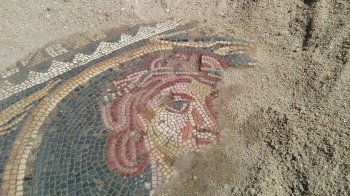Explore the best places
Heritage in Portugal
Espaço Multiusos de Porto Moniz
- heritage
Rotunda do Ilhéu Mole
9270-095, Porto Moniz
Space prepared to host exhibitions of community interest, currently featuring the permanent exhibition Laurissilva – UNESCO World Heritage Site.
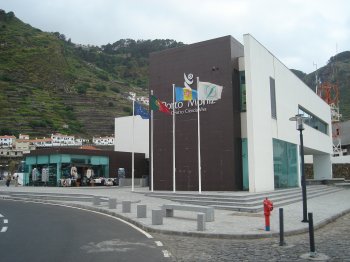
Charretes de Óbidos
- heritage
Rua da Porta da Vila
2510, Vila de Óbidos
Fitting with medieval atmosphere in this small town, there are several carts that make tourism tours, with different routes and prices. For instance, a trip along the centr of town, with a duration of 34 minutes, may cost 45 euros, while a trip to the Aqueduto das Águas (Water Aqueduct), that may last ten minutes, will cost around 20 euros.
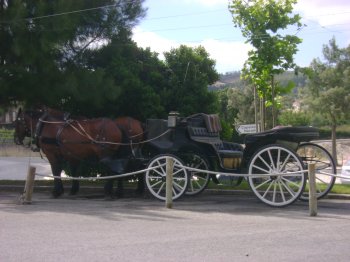
Castelo de Guimarães
- heritage
Rua Conde Dom Henrique
4800-412, Guimarães
In the 10th century, the Countess Mumadona had a monastery built on her estate. The fact that it was the target of intense Moorish attacks meant that a fortress was built to protect the monks and the Christian community. Thus was born the Castle of Guimarães. After the birth of Condado Portucalense, it became inhabited by Count Dom Henrique and Dona Teresa, who had major works carried out on this monument. Between the 13th and 15th century, several kings contributed to the improvement of the Castle, after which it was abandoned, finding itself very degraded until the 20th century, when …
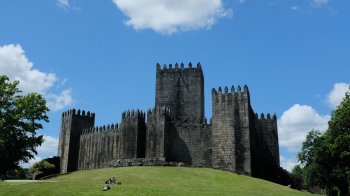
Igreja Paroquial do Espinhal / Igreja de São Sebastião
- heritage
Largo Dom Luís de Alarcão
3230, Espinhal
Late-Renaissance and Baroque church, dating from the 16th century. It consists of three naves and two chapels on the flanks. Highlights include its tower and the architectural ensemble of the carved stone headboard from the Coimbra Renaissance.
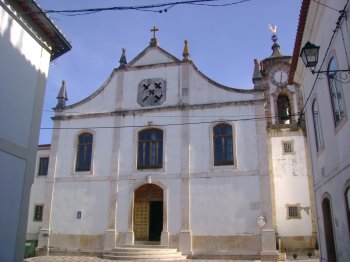
Castelo de Germanelo
- heritage
Rabaçal
3230, Rabaçal
Castle built by King Afonso Henriques in the 12th century. Together with the castles of Penela, Soure and Lousã, it was part of the Alfonsian network of fortifications to defend the lands of Coimbra.
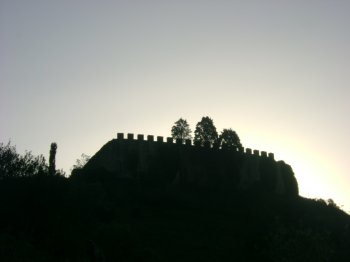
Villa Romana do Rabaçal
- heritage
Rabaçal
3230, Rabaçal
Rural villa dating from the 4th century, featuring civil, private and Roman architecture. It has a notable living area, both in terms of spatial organization and decoration. Several archaeological campaigns uncovered the residential part, with complete mosaics and an octagonal peristyle. In 1988, what was believed to be the thermal block of this important villa was discovered.
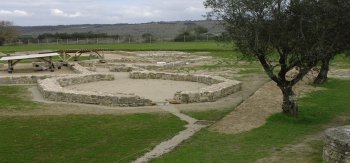
Convento de Santo António
- heritage
Rua do Convento de Santo António, 9
3230, Penela
Simple and austere building, characteristic of Franciscan architecture. It was built in the 16th century, still retaining the round entrance gate, cut out and decorated with volutes.
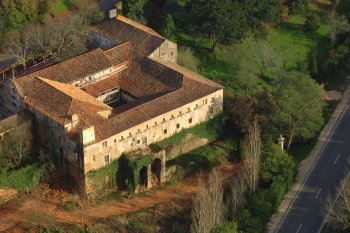
Castelo de Penela
- heritage
Rua do Castelo, 5
3230-280, Penela
Castle overlooking the town, where the Church of São Miguel, dating from the 15th century, and a set of anthropomorphic graves from the late Middle Ages stand out. It has a polygonal, irregular shape and is made up of walls and several towers from the 15th and 16th centuries. It preserves the Vila Door and the Betrayal Door, the latter with Moorish influences. This is the second-largest castle on the Mondego defensive line.
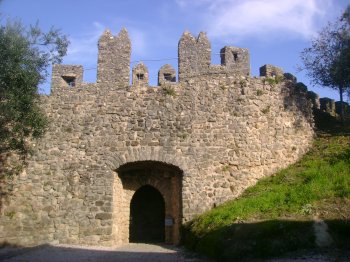
Igreja Matriz de Santa Eufémia
- heritage
Rua Paços do Concelho
3230-253, Penela
Church built in the 16th century and restored in the 17th and 18th centuries. Highlights include the Coimbra tiles, which were applied in the several chapels at different times, the altarpiece of the Espírito Santo Chapel and a 14th century stone sculpture representing the Virgin and Child.
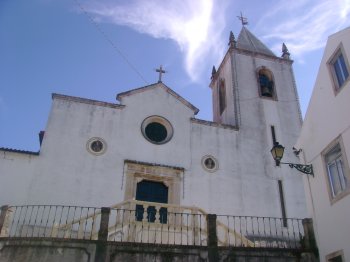
Museu da Villa Romana do Rabaçal
- heritage
Rua da Igreja - EN347-1
3230-544, Rabaçal
Small museum where you can observe some objects collected in the ruins of the Roman Villa of Rabaçal, including a milestone to Décio (mile VIII from Conímbriga) from the village of Tamazinhos, Cantanhede, and requires a guided tour of the ruins that make up the agricultural farm consisting of the rustic villa, frumentaria and urban villa, dating from the 4th century AD. Highlight is the permanent exhibition "Roman villa of Rabaçal: once upon a time...".
